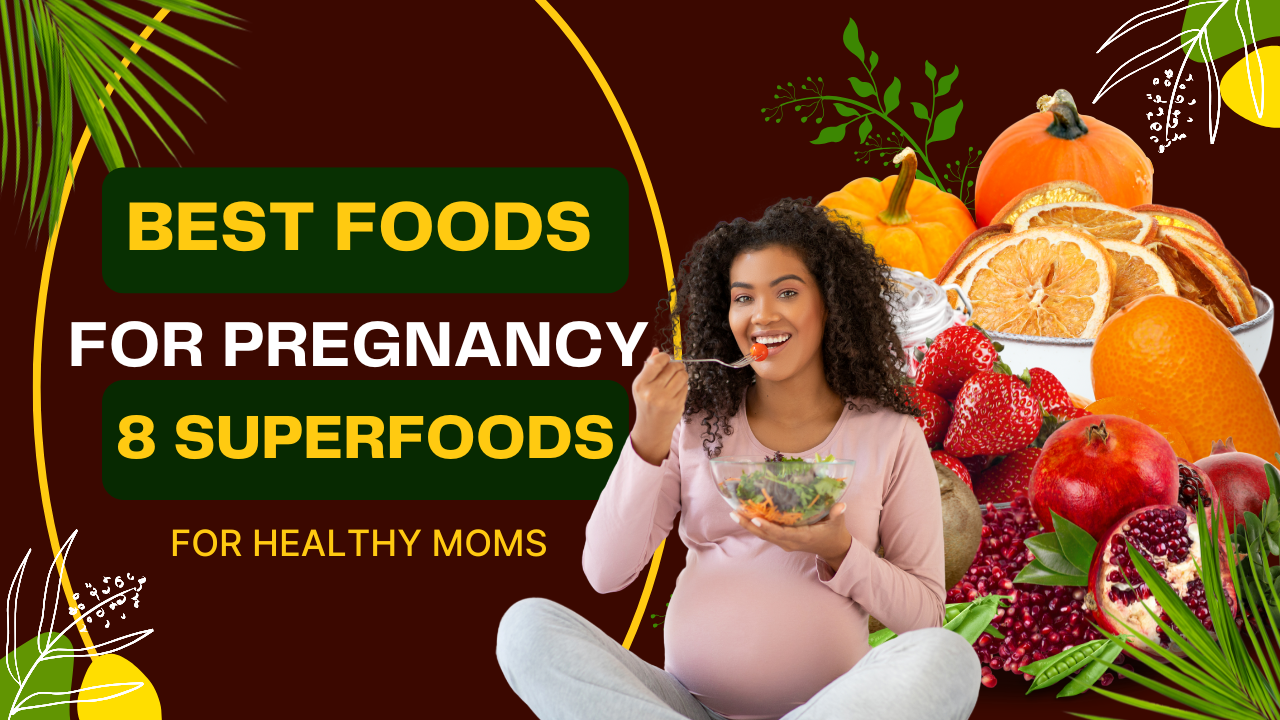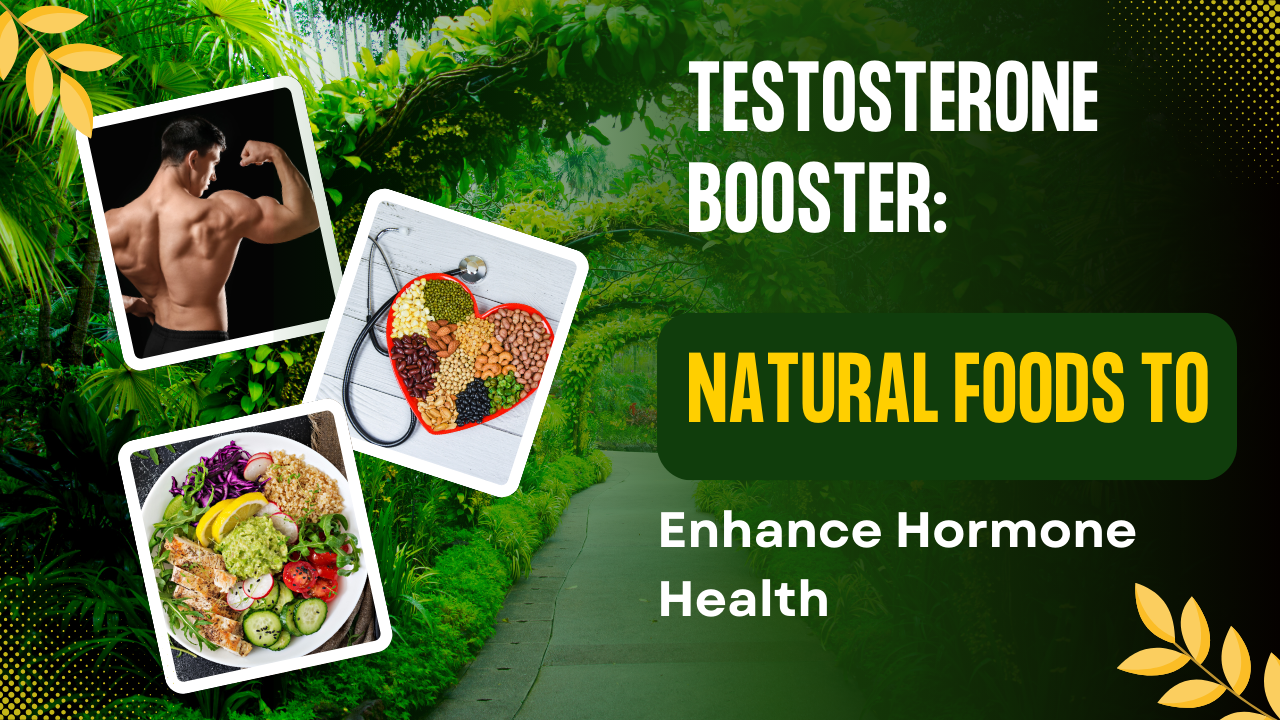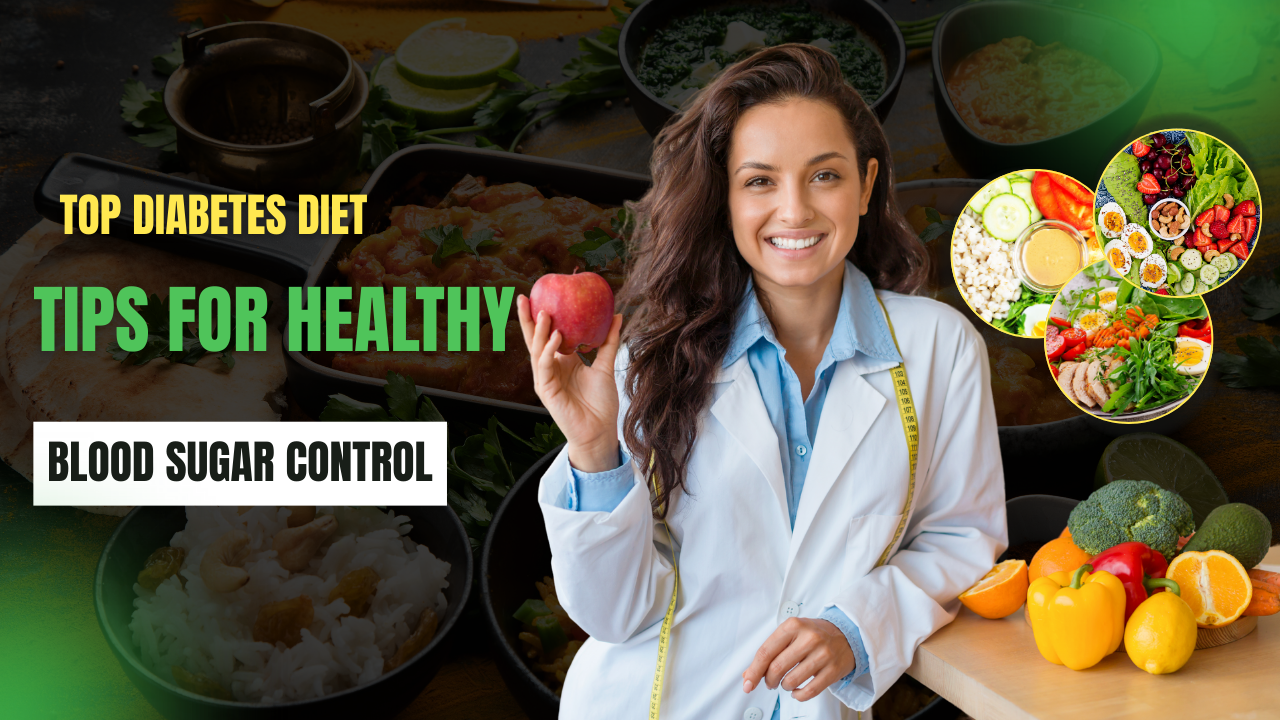Pregnancy is one of the most beautiful and transformative phases of a woman’s life. Every mother-to-be wants to ensure she is consuming the best foods for pregnancy to nourish her body and support her baby’s growth. Eating the right foods not only provides essential nutrients but also promotes the overall health of both mother and child. Nutrition during pregnancy plays a crucial role in fetal development, energy levels, immunity, and even mood regulation. A well-balanced diet ensures that the baby gets vital nutrients like folic acid, iron, calcium, and omega-3 fatty acids.
The journey of pregnancy comes with unique challenges, including nausea, food aversions, and cravings, which can sometimes make it difficult to maintain a proper diet. However, understanding which are the best foods for pregnancy can help expectant mothers make informed choices. These foods are not only rich in vitamins and minerals but also support a healthy pregnancy by reducing complications like anemia, gestational diabetes, and low birth weight. Consuming nutrient-dense foods ensures both mother and baby stay healthy, energized, and happy throughout the journey.
Moreover, a diet comprising the best foods for pregnancy can positively influence postpartum recovery and breastfeeding. By incorporating foods that are high in protein, fiber, and essential nutrients, mothers can maintain strength and stamina during pregnancy. Nutritional awareness also encourages long-term healthy eating habits, ensuring that children benefit from their mother’s prenatal health choices. This article will guide you through 12 incredible food options, explain why they are vital, and answer all your frequently asked questions to help you achieve a thriving pregnancy. 🌸
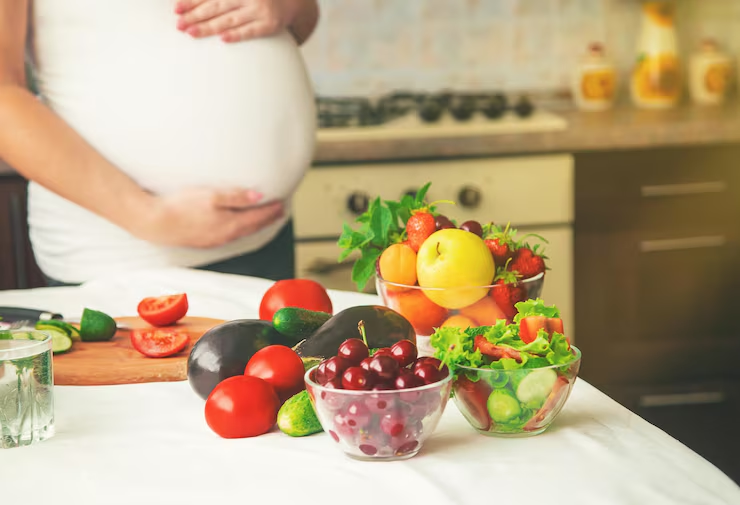
What Are the Best Foods for Pregnancy?
The best foods for pregnancy are those that provide high nutritional value to support both maternal and fetal health. These foods are rich in essential vitamins and minerals that play key roles in fetal development, brain growth, and the mother’s overall well-being. They include a variety of fresh fruits, vegetables, whole grains, lean proteins, dairy, and healthy fats. Including these foods in daily meals ensures a balanced intake of nutrients necessary for a healthy pregnancy.
For instance, foods rich in folate, such as leafy greens, beans, and fortified cereals, are vital for preventing neural tube defects in babies. Protein-rich foods like eggs, poultry, fish, and legumes aid in muscle and tissue development. Calcium from dairy and fortified plant-based alternatives strengthens the baby’s bones and teeth while supporting maternal bone health. Omega-3 fatty acids from fatty fish and seeds promote brain development and cognitive functions. Fiber-rich foods help prevent common pregnancy issues like constipation and bloating.
It’s important to note that the best foods for pregnancy also involve maintaining a balance of macronutrients—carbohydrates, proteins, and fats—while avoiding harmful additives, processed foods, and excessive sugar. Eating a variety of nutrient-dense foods not only addresses daily energy requirements but also supports long-term health. The quality of food matters as much as quantity, and careful selection can prevent pregnancy complications. Expectant mothers should prioritize whole foods, fresh produce, and healthy snacks to create a diet that is both enjoyable and beneficial. 🥦
Why Choose the Best Foods for Pregnancy?
Choosing the best foods for pregnancy is not just about satisfying hunger; it is a conscious decision to nurture life. Proper nutrition significantly influences fetal development, maternal energy levels, and overall pregnancy outcomes. Consuming nutrient-rich foods ensures that the body receives essential vitamins, minerals, and antioxidants needed to support growing babies and prevent deficiencies. It also reduces the risk of complications such as anemia, gestational diabetes, and preterm labor.
Pregnancy hormones can cause cravings and food aversions, but focusing on the best foods for pregnancy ensures these cravings don’t compromise nutrition. For example, iron-rich foods like lean meats, beans, and spinach help prevent fatigue caused by low hemoglobin levels. Vitamin C from citrus fruits enhances iron absorption, while folate prevents birth defects. A balanced diet can also improve mood and energy levels, addressing common pregnancy discomforts like morning sickness and lethargy.
Furthermore, consuming the best foods for pregnancy positively impacts postpartum recovery and breastfeeding. Nutrient-dense foods support milk production and provide the vitamins necessary for both mother and baby during lactation. Starting healthy dietary habits during pregnancy also encourages lifelong wellness for both mother and child. In essence, eating the right foods ensures that you are not just feeding yourself but also nourishing a growing life. 🌱
Positive Superfoods to Boost Your Health and Your Baby’s Growth
Leafy Green Vegetables 🥬
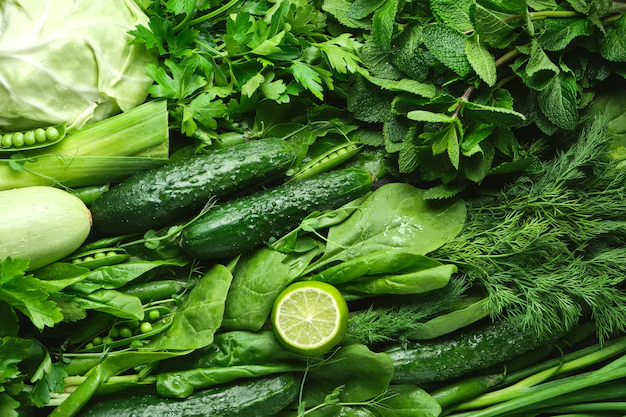
Leafy green vegetables such as spinach, kale, Swiss chard, and romaine lettuce are considered among the best foods for pregnancy due to their incredible nutrient density. They are rich in folate, iron, calcium, and fiber, all of which are essential for fetal development and maternal health. Folate is particularly crucial during the first trimester, as it helps prevent neural tube defects in babies. Iron from leafy greens combats anemia by supporting healthy hemoglobin levels, which is vital since pregnant women experience increased blood volume.
Incorporating leafy greens into a daily diet is not only simple but also highly versatile. They can be included in salads, smoothies, soups, stir-fries, and omelets. Pairing greens with vitamin C-rich foods like oranges, tomatoes, or bell peppers enhances iron absorption, maximizing nutritional benefits. Eating 2–3 servings of leafy vegetables daily ensures a consistent intake of these essential nutrients, which contribute to both maternal wellness and fetal growth. Their low-calorie content makes them ideal for maintaining a healthy pregnancy weight while providing vital nourishment.
Regular consumption of leafy greens also has long-term health benefits. Fiber-rich greens aid digestion and prevent constipation, a common pregnancy issue. Antioxidants in these vegetables reduce inflammation, improve heart health, and support cellular function. By consistently choosing leafy greens as part of the best foods for pregnancy, mothers can maintain optimal health, prevent deficiencies, and provide the building blocks necessary for the healthy development of their baby. 🥗
Eggs 🥚
Eggs are one of the best foods for pregnancy because they provide complete protein, choline, iron, and vitamin D, all of which are crucial for maternal health and fetal development. Protein supports the growth of tissues and organs in the developing baby while helping maintain maternal muscle mass. Choline is essential for brain and spinal cord development, enhancing cognitive function in the child. Eggs also contain iron, which prevents anemia, and vitamin D, which strengthens bones and teeth. The combination of these nutrients makes eggs an affordable, versatile, and nutrient-dense food during pregnancy.
Eggs can be consumed in multiple ways—boiled, scrambled, poached, or made into omelets with vegetables. Including eggs in breakfast or lunch ensures that mothers meet their daily protein requirements. Additionally, pairing eggs with leafy greens or whole grains can enhance the absorption of nutrients like iron and provide a well-rounded meal. Many pregnant women struggle with food aversions or nausea, and eggs are gentle on the stomach while offering high nutritional value. Their ease of preparation makes them an essential item on the list of best foods for pregnancy.
Eating eggs regularly supports maternal energy levels and fetal growth. Protein and choline are crucial for organ and brain development, while vitamin D and iron help prevent deficiencies. A typical recommendation is 1–2 eggs per day, but this can vary based on dietary preferences and nutritional needs. Despite concerns about cholesterol, research indicates that moderate egg consumption is safe and highly beneficial during pregnancy. Including eggs consistently ensures both mother and baby receive essential nutrients needed for a healthy and thriving pregnancy. 🥚
Berries 🍓
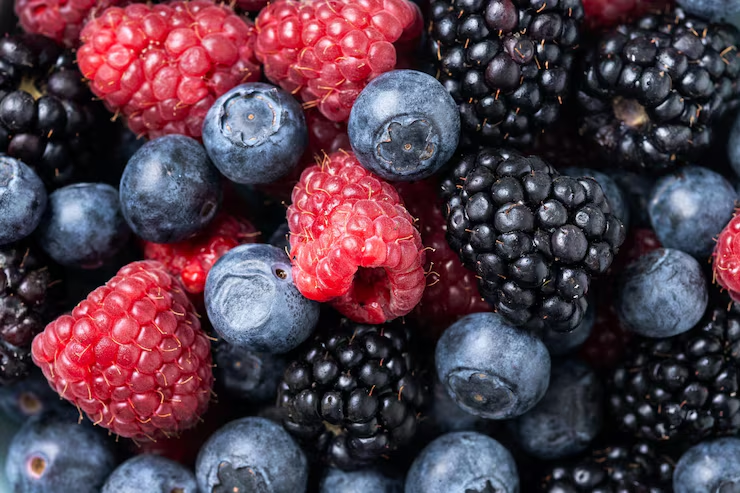
Berries such as strawberries, blueberries, raspberries, and blackberries are nutrient-dense superfoods that rank among the best foods for pregnancy. They are rich in antioxidants, vitamin C, fiber, and folate, all of which are essential for fetal growth and maternal health. Antioxidants protect cells from oxidative damage, strengthen the immune system, and reduce inflammation, which can be particularly beneficial during pregnancy. Vitamin C enhances iron absorption from plant-based foods, preventing anemia, while fiber promotes digestive health and prevents constipation. Folate plays a critical role in preventing neural tube defects in babies.
Berries are also highly versatile and can be incorporated into daily meals with ease. They can be added to smoothies, oatmeal, yogurt, or enjoyed as a fresh snack. The natural sweetness of berries helps satisfy sugar cravings without the need for processed sugary foods, making them an ideal pregnancy-friendly option. Including a cup of berries daily ensures consistent intake of these essential nutrients and contributes to maintaining stable energy levels throughout the day. Pregnant mothers can also use berries in baking, salads, or parfaits to create a nutrient-rich and enjoyable diet.
Regular consumption of berries enhances both maternal and fetal health. Their high antioxidant content reduces inflammation and supports heart health, while fiber keeps digestion smooth. Folate and vitamin C improve fetal development, ensuring a healthy start for the baby. By making berries a regular part of a balanced diet, mothers can harness the full benefits of these superfoods. Including berries as part of the best foods for pregnancy is a simple yet highly effective way to promote overall wellness during this critical period. 🍓
Nuts and Seeds 🌰
Nuts and seeds such as almonds, walnuts, chia seeds, and flaxseeds are considered among the best foods for pregnancy due to their high nutrient content. They are packed with healthy fats, protein, fiber, magnesium, vitamin E, and omega-3 fatty acids, all of which support maternal health and fetal development. Omega-3s, especially DHA, are essential for the baby’s brain and eye development. Protein aids in building fetal tissues, while magnesium supports bone health and energy metabolism. Vitamin E acts as an antioxidant, protecting cells from damage during pregnancy.
Incorporating nuts and seeds into the diet is simple and convenient. They can be eaten as snacks, added to smoothies, sprinkled on yogurt or oatmeal, or included in salads and baked goods. A small handful per day provides significant nutritional benefits without adding excessive calories. Pregnant mothers can also mix different nuts and seeds to create a nutrient-rich snack that supports sustained energy levels, controls cravings, and contributes to heart health. These superfoods are compact, portable, and versatile, making them an essential component of the best foods for pregnancy.
Nuts and seeds offer long-term health benefits for both mother and baby. Fiber aids digestion and prevents constipation, while healthy fats reduce inflammation and support brain development. Regular intake ensures that both protein and micronutrient needs are met efficiently. By including a variety of nuts and seeds in daily meals, mothers can enjoy delicious and nutrient-dense options that enhance overall wellness and contribute to optimal fetal growth. 🌰
Lean Protein Sources 🍗
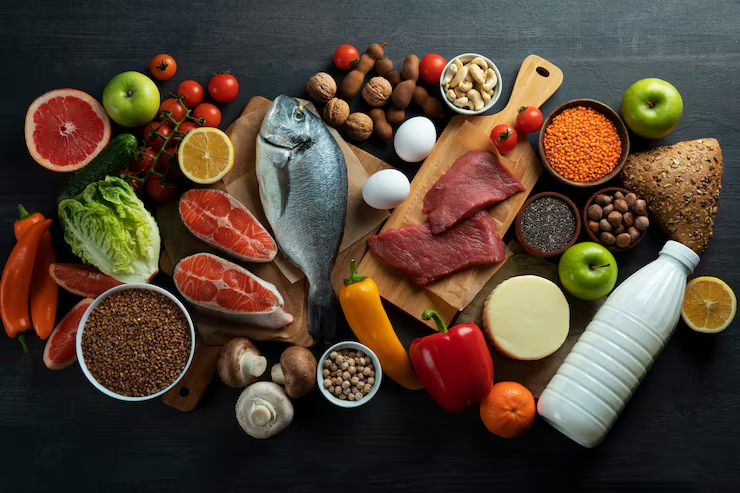
Lean proteins such as chicken, turkey, lentils, beans, and tofu are essential components of the best foods for pregnancy. They provide high-quality protein, iron, zinc, and other micronutrients crucial for fetal growth and maternal well-being. Protein is necessary for building tissues and organs in the developing baby, while iron and zinc support immune function, energy production, and overall health. Lean protein sources help maintain muscle mass and prevent fatigue during pregnancy, which is particularly important as the body undergoes rapid physical changes.
Incorporating lean proteins into daily meals is highly flexible. Chicken or turkey can be grilled, baked, or included in stir-fries and salads. Plant-based proteins like lentils, chickpeas, and tofu offer fiber, folate, and essential minerals. Combining plant proteins with grains creates a complete amino acid profile, ensuring the body gets all essential nutrients. Including lean proteins in each meal stabilizes blood sugar, keeps mothers full longer, and supports consistent energy levels throughout the day.
Daily intake of 70–100 grams of protein is generally recommended during pregnancy, depending on body weight and activity level. Consuming a variety of lean protein sources ensures adequate nutrition for both mother and baby. Protein-rich diets also support healthy fetal growth, maternal strength, and energy. Including lean proteins consistently in the diet reinforces their position as one of the best foods for pregnancy. 🍗
Whole Grains 🌾
Whole grains such as oats, quinoa, brown rice, barley, and whole wheat bread are important for a balanced pregnancy diet and are among the best foods for pregnancy. They are rich in fiber, B vitamins, iron, and minerals that support maternal health and fetal development. Fiber improves digestion and prevents constipation, a common issue during pregnancy. B vitamins, particularly folate, are essential for brain and spinal cord development in the fetus, while iron prevents maternal anemia. Whole grains also provide slow-releasing energy, which stabilizes blood sugar levels and reduces fatigue.
Including whole grains in daily meals is easy and versatile. Oats can be used for breakfast porridge, quinoa can be added to salads, and brown rice can accompany lean proteins and vegetables. Whole grain breads or wraps provide convenient options for snacks or quick meals. By consuming 3–4 servings of whole grains daily, expectant mothers can meet their carbohydrate and nutrient needs while supporting healthy fetal growth. Whole grains are a staple for creating a well-rounded, nutritious pregnancy diet.
Regular consumption of whole grains offers long-term health benefits. The combination of fiber, B vitamins, and minerals aids in energy metabolism, digestive health, and fetal development. Their slow-digesting carbohydrates help prevent excessive weight gain and maintain satiety. By making whole grains a consistent part of meals, pregnant mothers optimize both their health and the baby’s development. Including these nutrient-dense foods in the diet reinforces their role as some of the best foods for pregnancy. 🌾
Dairy Products 🥛
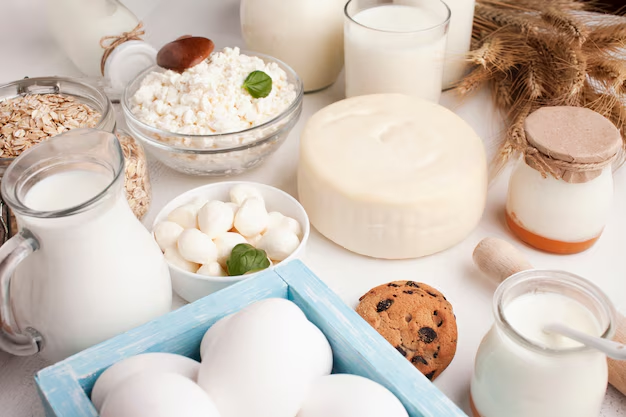
Dairy products such as milk, cheese, yogurt, and kefir are among the best foods for pregnancy because they provide calcium, protein, vitamin D, and probiotics. Calcium is essential for the baby’s bones and teeth development, while protein supports tissue growth. Vitamin D enhances calcium absorption and strengthens the immune system. Probiotics, especially from yogurt and kefir, support digestive health and boost immunity, which is particularly important during pregnancy when the immune system undergoes changes.
Incorporating dairy products into daily meals is easy and enjoyable. Milk can be consumed as a beverage or added to smoothies, while yogurt can be combined with fruits or granola. Cheese can be used in sandwiches, salads, or cooked dishes. Including 2–3 servings of dairy products daily ensures adequate intake of these essential nutrients. Dairy also complements other nutrient-rich foods such as leafy greens and whole grains, creating balanced meals for mothers-to-be.
Consistent consumption of dairy products supports maternal and fetal health. Calcium strengthens bones, protein supports growth, and probiotics maintain digestive balance. By including dairy in the diet, pregnant mothers reduce the risk of deficiencies and contribute to optimal fetal development. Dairy products are versatile, nutrient-rich, and indispensable as one of the best foods for pregnancy. 🥛
Fatty Fish 🐟
Fatty fish such as salmon, sardines, mackerel, and trout are considered among the best foods for pregnancy due to their high omega-3 fatty acids content, especially DHA. DHA is crucial for fetal brain and eye development, while protein supports tissue growth. Fatty fish also provide vitamin D and other essential minerals, contributing to maternal health and fetal bone development. Regular consumption of fatty fish promotes cognitive function in babies and ensures optimal nutrient intake for mothers.
Incorporating fatty fish into the diet is simple. Salmon can be grilled, baked, or poached, while sardines or mackerel can be included in salads or sandwiches. Consuming 2–3 servings of low-mercury fatty fish per week provides essential omega-3s without exposure to harmful contaminants. Pairing fish with leafy greens or whole grains enhances nutrient absorption, making meals both nutritious and balanced. Fatty fish also supports heart health, reduces inflammation, and improves maternal mood during pregnancy.
Regular consumption of fatty fish ensures that mothers and babies receive essential nutrients that support long-term health. Omega-3 fatty acids, protein, and vitamins promote brain, eye, and skeletal development in the baby. Additionally, nutrient-rich fish help maintain maternal energy and immunity. Including fatty fish consistently makes it one of the best foods for pregnancy, providing multiple health benefits in a natural, accessible, and delicious form. 🐟
Conclusion
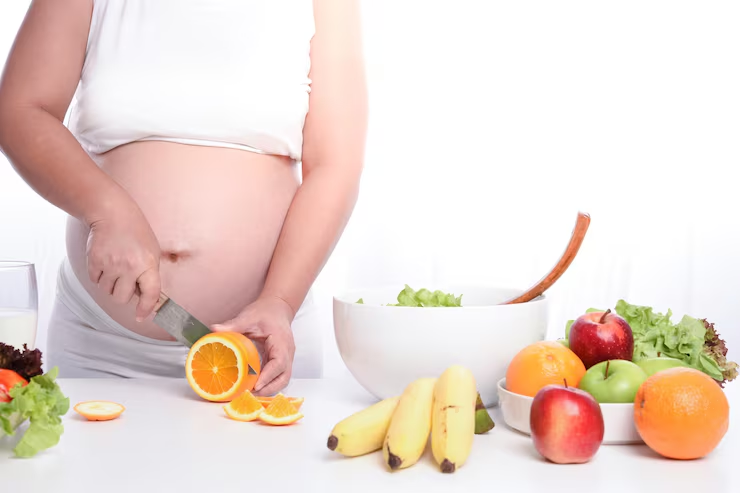
Eating the best foods for pregnancy is essential for maternal and fetal health. A diet rich in leafy greens, fruits, lean proteins, dairy, whole grains, and healthy fats ensures that both mother and baby receive the nutrients necessary for optimal development. Prioritizing nutrition during pregnancy reduces the risk of complications and supports energy, immunity, and overall well-being.
By including foods like eggs, nuts, berries, and fatty fish, mothers-to-be can provide essential vitamins, minerals, and omega-3 fatty acids for fetal growth. Balanced meals, mindful portioning, and nutrient-dense choices create a foundation for lifelong health, encouraging positive habits that extend beyond pregnancy. Small daily changes in dietary patterns can make a huge difference in maternal and child health outcomes.
Ultimately, the best foods for pregnancy empower mothers to take control of their health and support their baby’s growth effectively. Making informed food choices, planning meals, and enjoying a variety of nutrient-rich foods ensures a thriving pregnancy and a smooth postpartum recovery. Embracing these superfoods is not just a dietary decision but a positive step toward nurturing life. 🌸
FAQ’s
Q1. What are the best foods for pregnancy to prevent anemia?
To prevent anemia, expectant mothers should focus on iron-rich foods such as spinach, lentils, beans, lean meats, and fortified cereals. Pairing these with vitamin C-rich foods like oranges, bell peppers, or strawberries improves iron absorption, ensuring both mother and baby maintain healthy hemoglobin levels throughout pregnancy.
Q2. How can I include the best foods for pregnancy in my daily diet?
Incorporate the best foods for pregnancy by planning balanced meals with leafy greens, lean proteins, whole grains, fruits, nuts, and dairy. Smoothies, salads, stir-fries, and snacks like nuts or yogurt provide convenient ways to meet daily nutritional needs while keeping meals interesting and nutrient-dense for both mother and baby.
Q3. Are eggs safe to eat during pregnancy?
Yes, eggs are safe and highly nutritious when cooked thoroughly. They provide protein, choline, vitamin D, and iron, supporting fetal brain development and maternal health. Avoid raw or undercooked eggs to prevent foodborne illnesses such as salmonella, ensuring the best benefits from this pregnancy superfood.
Q4. Can I eat berries every day during pregnancy?
Absolutely! Berries are rich in antioxidants, fiber, vitamins, and folate, making them ideal for daily consumption. A cup of mixed berries can be added to smoothies, yogurt, or oatmeal, providing essential nutrients while satisfying natural sweet cravings safely throughout pregnancy.
Q5. Which dairy products are the best foods for pregnancy?
Milk, yogurt, cheese, and kefir are excellent dairy options for pregnancy. They provide calcium, protein, vitamin D, and probiotics, supporting fetal bone growth, maternal tissue development, and digestive health. Fortified or low-fat options can be used to meet daily nutritional requirements safely.

